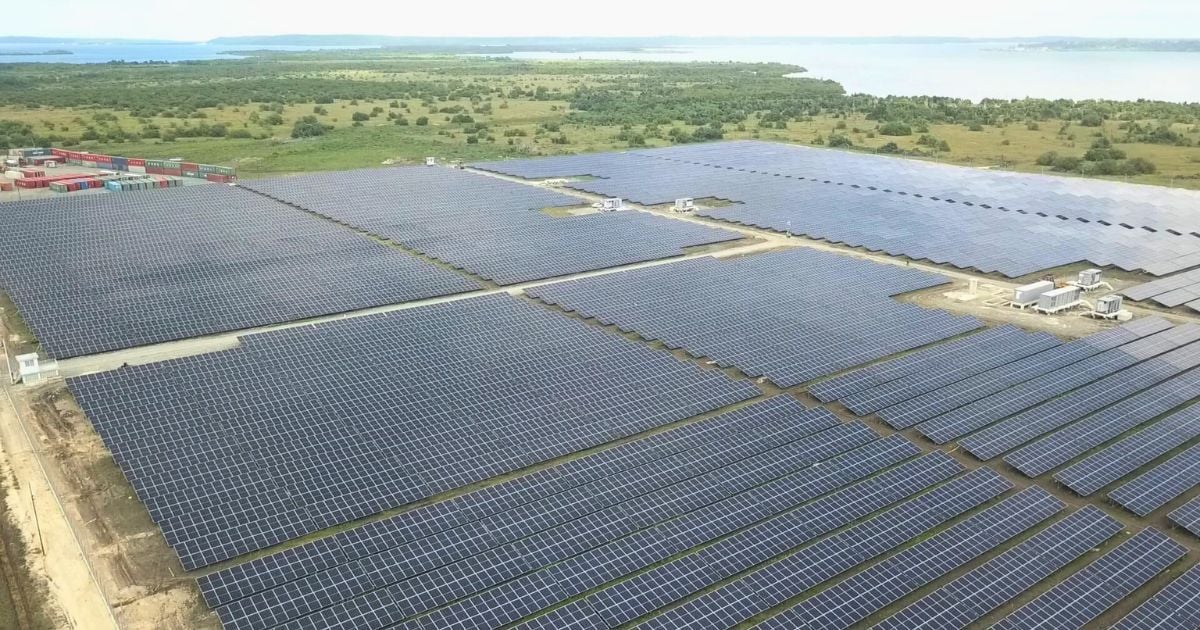Adding to the daily stress Cubans face with power outages, a new element of unpredictability has emerged: clouds. From now on, everyday citizens will not only need to check for rice or bread but also glance skyward to determine if rain—and potential blackouts—are in the forecast.
According to the state-run newspaper Trabajadores, the government acknowledged that cloud cover in the western region has impacted solar energy production, resulting in photovoltaic parks generating 29 MWh less than anticipated. For many, this "revelation" is as unexpected as saying water is wet. Nonetheless, it seems this will now be a regular part of daily updates.
This newly recognized factor will prompt Cubans to pay closer attention to the daily weather reports on Cuban Television's Information System. Lázaro Guerra Hernández, the Director of Electricity at the Ministry of Energy and Mines, reported that solar facilities at the Nursing School in Havana, Alcalde Mayor in Cienfuegos, and La Sabana in Granma produced only 247 MWh due to insufficient solar radiation.
The Electric Union (UNE) announced that the impact on Wednesday was 950 MW at noon, partly due to cloud presence, and up to 1405 MW during the nighttime peak. As usual, several thermal units remain out of service, including units 5 and 6 in Mariel, unit 2 in Felton, unit 2 in Santa Cruz, units 3 and 4 in Cienfuegos, and unit 5 in Renté.
The government assures that by the end of April, ten solar parks will be connected, potentially contributing energy to the national grid on sunny days. However, since this energy cannot be stored, everything depends on whether the sky is clear or overcast.
So, take note: every morning, before making coffee, look up at the sky. Because now, clouds not only signal rain but may also herald another day without electricity. Despite the ongoing electricity shortfall and cloudiness, the regime found reason to celebrate the connection of six solar parks in March, as boasted by Minister Vicente de la O Levy on social media platform X.
Understanding Solar Energy Challenges in Cuba
How do clouds affect solar energy generation in Cuba?
Cloud cover reduces the amount of sunlight reaching photovoltaic panels, leading to decreased solar energy production. In Cuba, this has resulted in significant reductions in planned energy output from solar parks.
What measures is the Cuban government taking to address solar energy challenges?
The government plans to connect ten additional solar parks by the end of April to help bolster energy production. However, since solar energy cannot be stored, the effectiveness of these measures largely depends on weather conditions.
Why is there an increased focus on weather reports in Cuba?
With the understanding that clouds can significantly impact solar energy production, Cubans are now more attentive to weather forecasts to anticipate potential power outages linked to cloud cover.
